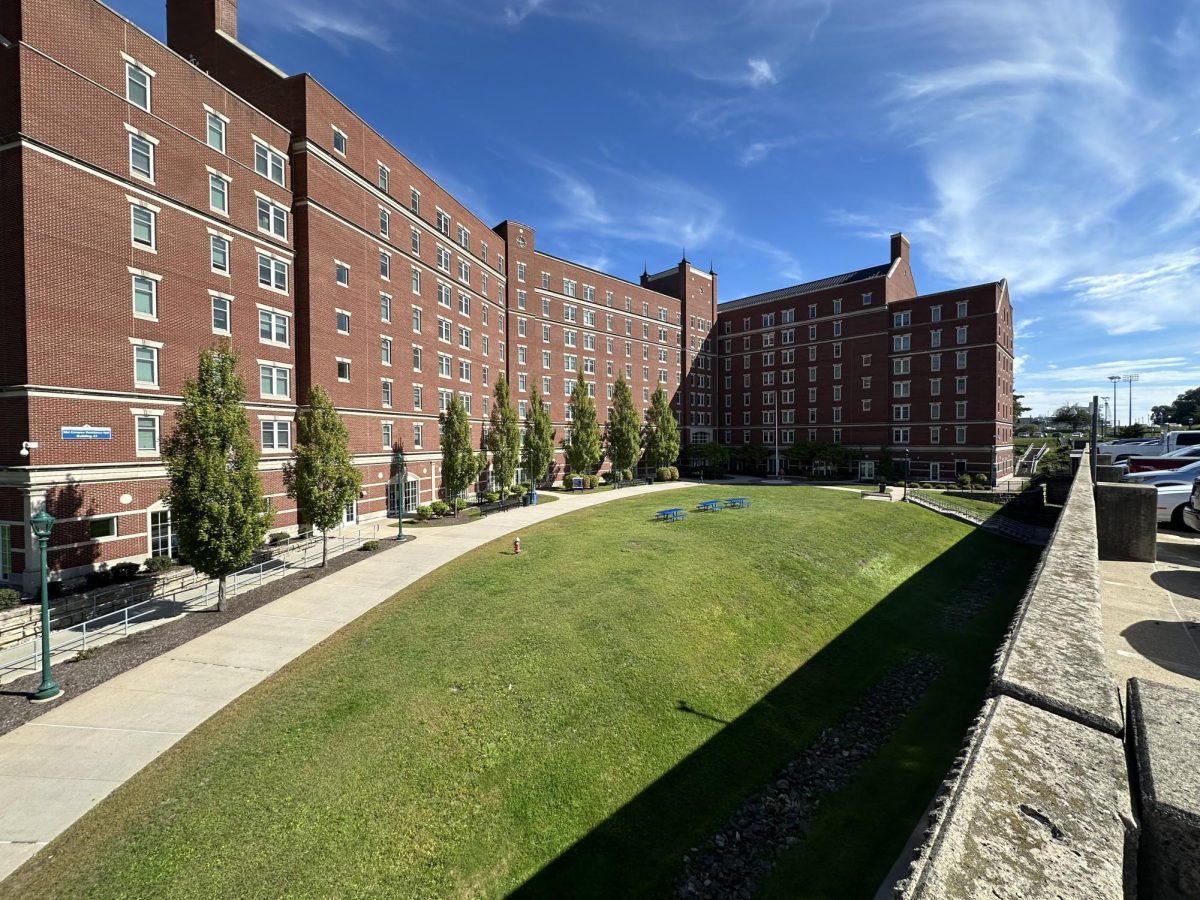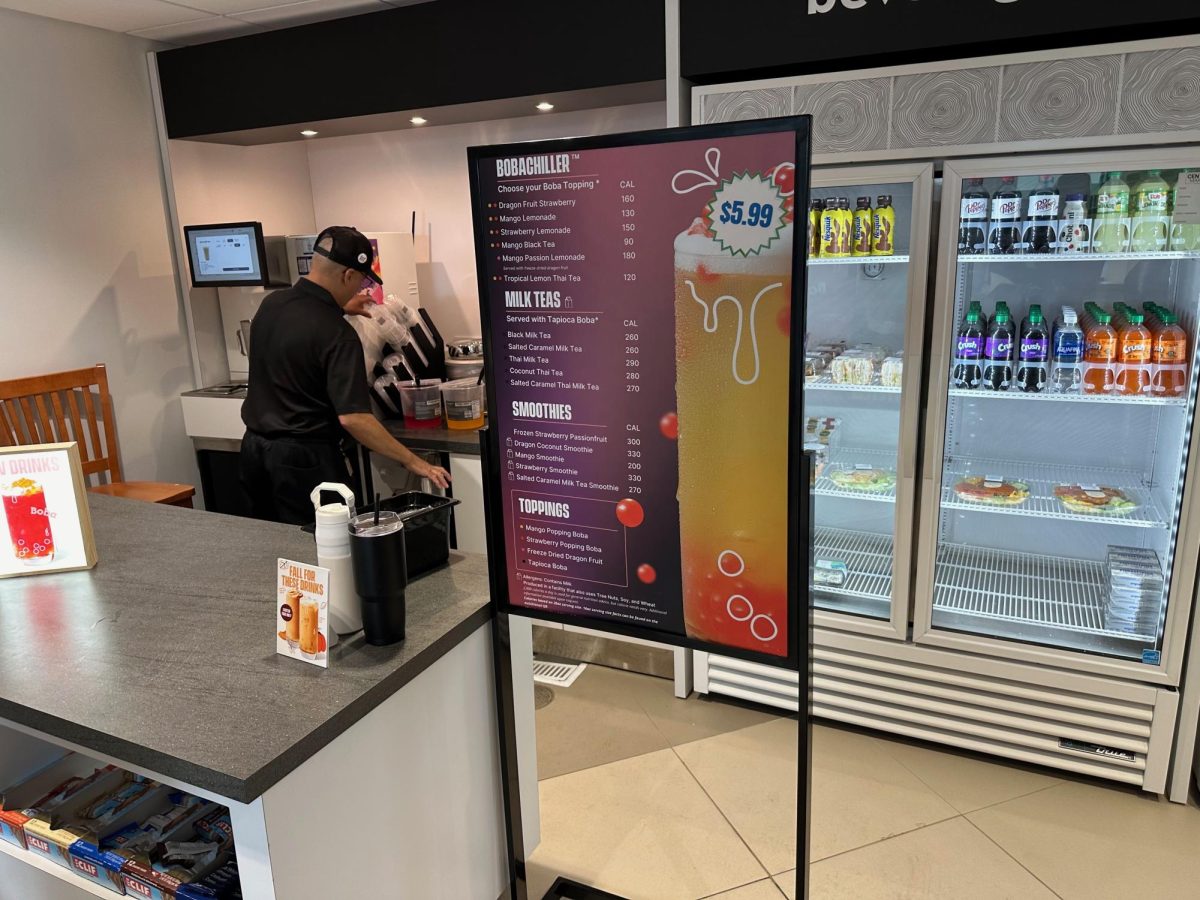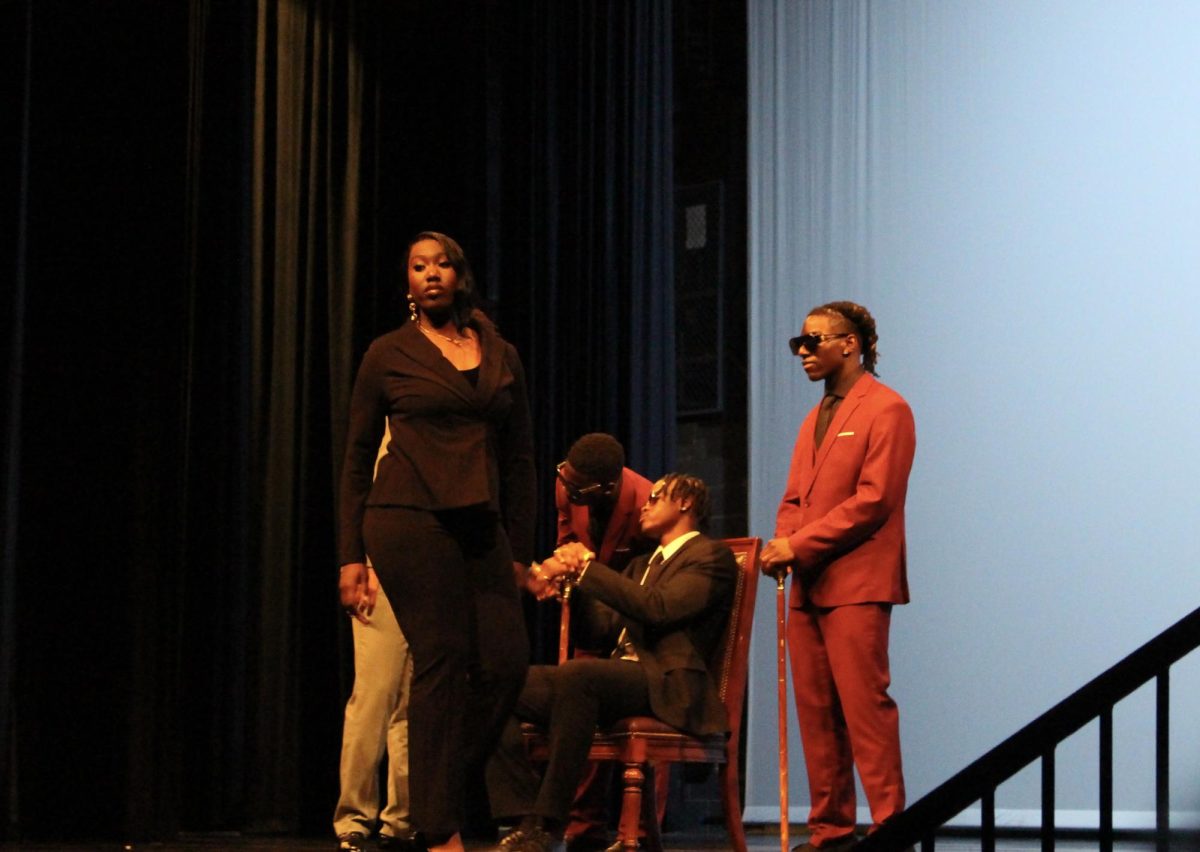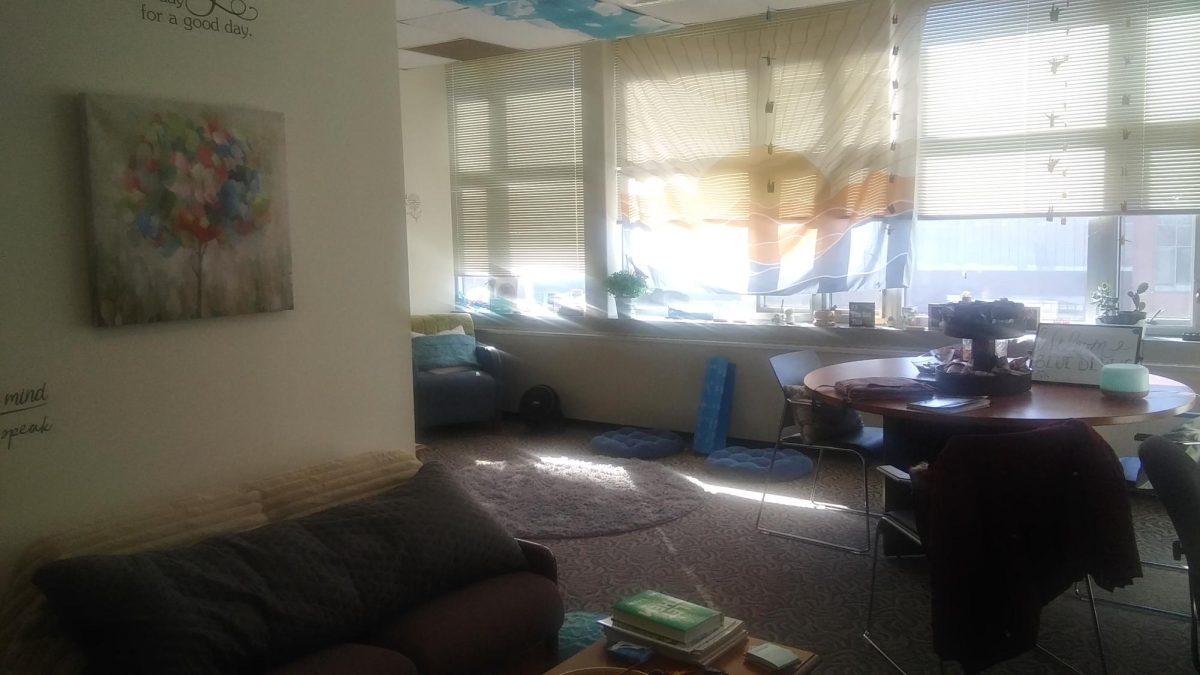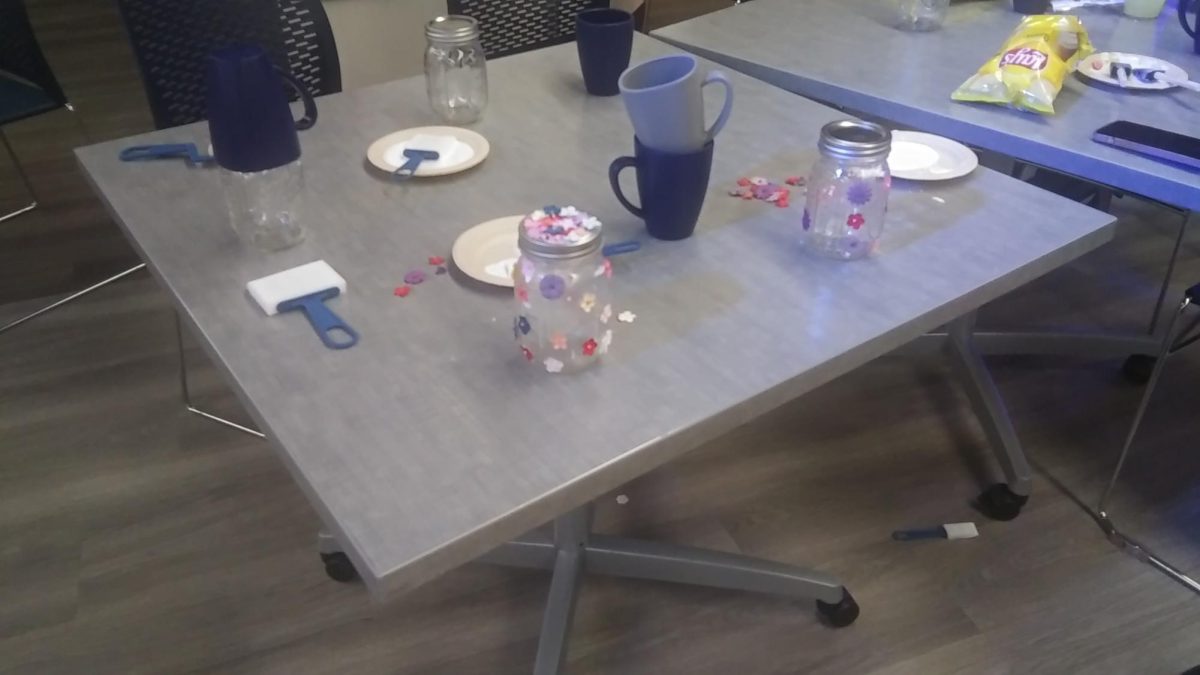Central Connecticut State University students are encountering maintenance issues in residence halls that remain unaddressed weeks into the fall semester, raising questions about the university’s summer preparation and work order response system.
Hailey Gomez, an 18-year-old freshman living in Seth North Hall, discovered that only one of three electrical outlets in her room functioned when she moved in at the beginning of the semester.
“I told one of the employees, but nobody contacted me back or indicated anything about the outlet being fixed,” Gomez said. “So basically, no communication.”
Steve VanVoorhis, Director of Facilities Management said that “the communication between the student and RA/RD inside the residence halls is similar to an apartment complex. RA acts as a liaison between the Facilities Management team and tenants.” He advised that if response times appear prolonged, “students should check with their RA/RD to get a status update.
Despite reporting the issue to housing staff, Gomez said she has received no updates about repair timelines or work order status. Her next plan is to escalate the matter through…
The malfunctioning outlets represent just one example of maintenance issues students say should have been resolved during summer break, before the start of the academic year.
Ryan Catenza, a 19-year-old sophomore living in Mid-Campus Residence Hall, moved into a room with a handicap door that wasn’t automatic.
“Maintenance sent people to fix the door, but they left without fixing it,” he said. “They told me they didn’t have the necessary equipment to fix it, three weeks later, they’re still a no-show.”
Steve VanVoorhis, Director of Facilities Management, said life safety work orders receive immediate priority, including “arching/sparking electrical issues and lock issues, as well as running water, leaks, damaged goods or supplies, loss of heat or inoperable windows.”
General requests, including broken furniture and damaged screens, are “usually taken care of within 24-48 hours,” while cosmetic requests take longer to complete because they are not urgent, VanVoorhis said.
According to VanVoorhis, the university’s response times vary by category: emergency requests receive immediate attention, while routine requests take 2-7 days to complete.
“I would have assumed at the very least they would make sure everything is in working order before students move in as that should be common decency after paying so much for housing,” Gomez said.
The facilities director said the university uses a prioritization system through LLumin, their work order tracking system, where “Facilities then prioritizes them and starts working on the emergent ones, then urgent ones, and then routine ones.”
While Gomez described housing staff as professional, she noted the lack of follow-up communication as problematic. “The most frustrating part is having only one of three outlets working,” she said. She is not concerned about being charged for the pre-existing damage, but remains unaware of how the university determines financial responsibility for room repairs she said.
The electrical problems have forced Gomez to reorganize her room layout and limit her use of electronic devices. However, she said the issues will not influence her housing decisions for next year.
Gomez’s experience reflects broader concerns about maintenance response times and communication between housing staff and residents.
While Cantenza admits the door isn’t a major issue to his everyday life, he worries about if there will be a bigger issue in the future.
“What if something in my room was really messed up,” he said. “How long would it take for them to actually come and fix it?”
VanVoorhis acknowledged that summer maintenance faces challenges because “some of the residence halls on campus are not completely empty during the summer due to summer programming, including orientations, and other academic endeavors, which limit room availability in some circumstances.”
The facilities director said staffing is lower in residence halls during summer, “because fully staffing empty residence halls is not necessary until students move back in or if there is a summer program/overnight orientation scheduled.”
However, VanVoorhis said, “Res Life and Facilities work as a team during the summer (and all year round) to ensure all maintenance issues are still being taken care of in a timely manner, even with lower staffing levels in the summer.”
Similar delays have affected other students dealing with more serious structural issues. A week after moving in, a closet and shelving unit in this reporter’s room began separating from the wall, creating a safety hazard. Despite initial reports to housing staff, repairs were not scheduled until a resident assistant intervened, and work was completed one week after the damage was first reported.
The incident highlights potential gaps in the university’s maintenance prioritization system and the role resident assistants play in expediting repairs when standard channels prove insufficient.
VanVoorhis said certain repairs require specialized scheduling that can’t be done while students are present, including “mechanical shutdowns, replacement of locking systems, expansive testing of alarm systems, preventative maintenance, washer/dryer ductwork maintenance, and HVAC system repairs.”
The facilities management team coordinates with Housing through room assessments, where “Res Life will do room assessments of each room within their assigned building. They will then present dorm reports and work orders are placed through LLumin for Facilities,” he said.
There haven’t been significant recent changes to maintenance protocols, although the department switched to the LLumin work order system several years ago to track requests submitted by residence hall directors, according to the facilities director.

